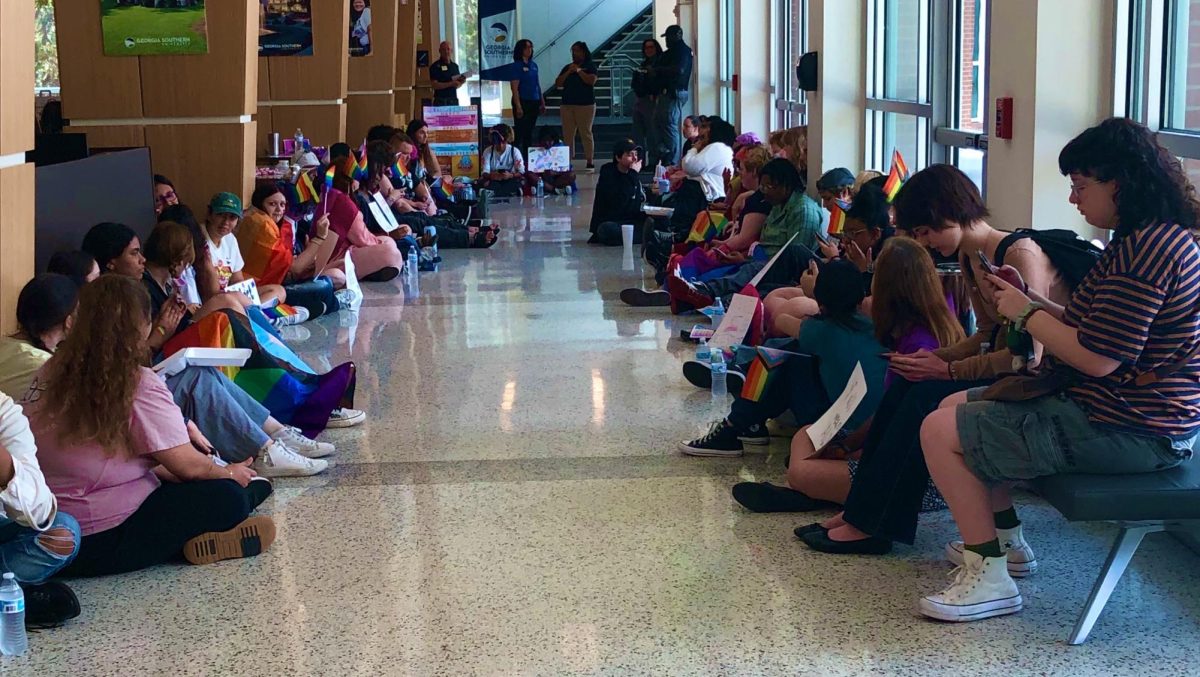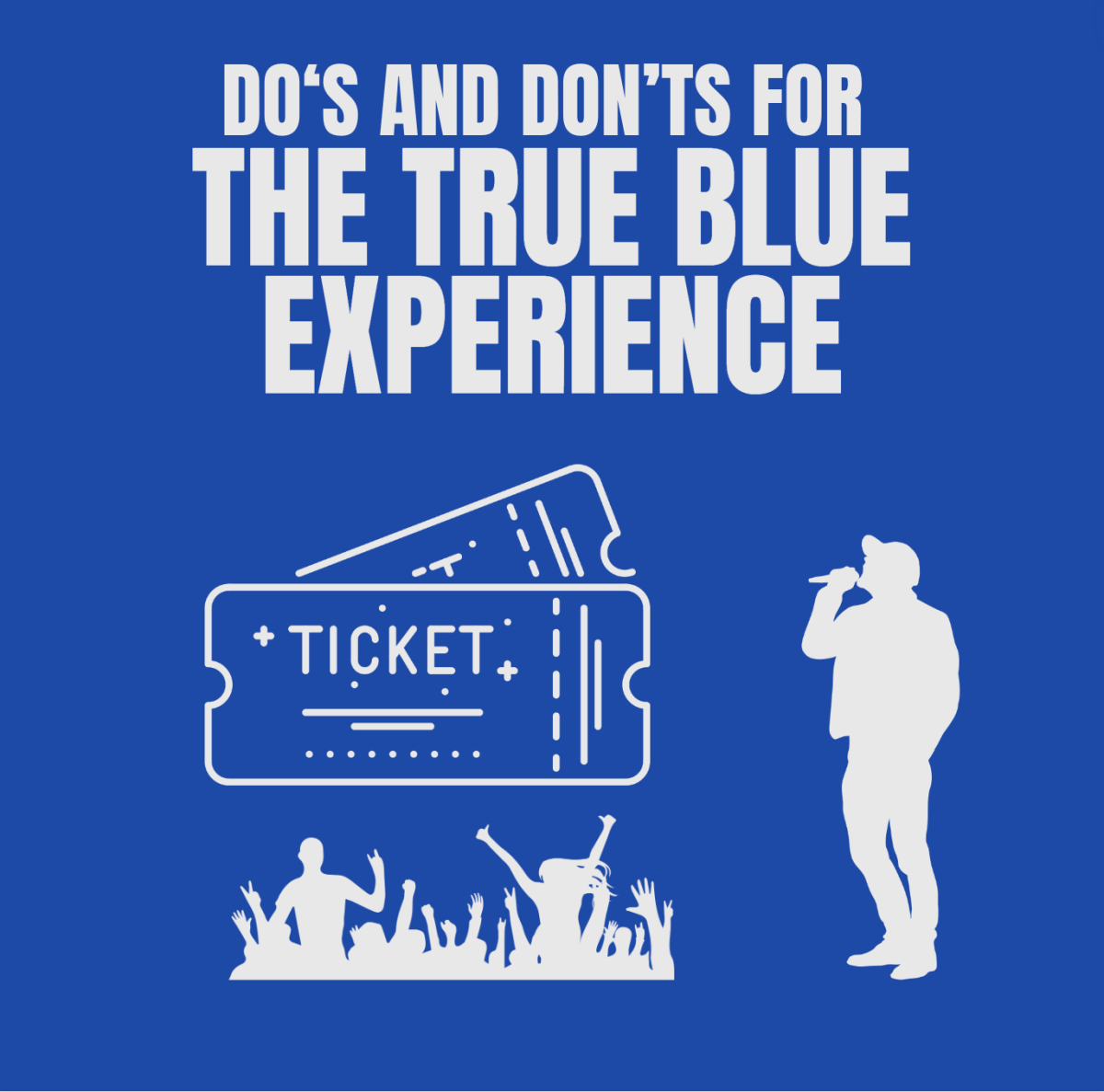For college students, spring break is a highly anticipated time of the semester. Whether you go home, to the beach, or just a small trip with some friends or family, we all look forward to a nice week off before having to prepare for the end of the semester. Coming back from break, though, is a whole new experience.
The “Spring Break Slump” is the term I have heard the most, and everyone’s experience is different. For me, I came back and immediately felt overwhelmed with my classes, preparing to move out of my dorm, and trying to make sure my grades were where they needed to be. Turns out, this is a universal experience. I wanted to talk to a professional here on campus to find out if what I was experiencing was as normal as I thought.
Jadeshala Humphries, Mental Health Counselor, started working with the Counseling Center here on campus to provide support to students.
- “The GSU Counseling Center emphasizes various aspects of mental health and well-being. Primarily, we offer individual counseling sessions tailored to address a wide range of concerns such as stress management, anxiety, depression, relationships, academic challenges, and personal growth. Additionally, we provide group therapy, workshops, and outreach programs aimed at promoting mental health awareness, resilience, and coping skills within the student community,” she said.
To dive deeper into the topic, I wanted to know what exactly the “Spring Break Slump” is.
- “Although not clinically recognized as a formal diagnosis, The “Spring Break Slump” refers to decreased motivation, productivity, and emotional well-being that some college students may experience during or after the spring break period. It often involves feelings of fatigue, lack of focus, and difficulty readjusting to academic responsibilities after a break from routine,” Humphries explained.
While many college students have the feeling that they are alone, Humphries is here to reassure all of us that this is more common than we think.
- “Many students may find it challenging to transition back into academic responsibilities and may experience temporary dips in their mental well-being during this period,” she said.
So, if it isn’t a formal diagnosis, what is the best way to look out for it, and how can we combat it?
Humphries suggested identifying signs by noticing changes in your mood, motivation, and academic performance.
According to Humphries, common indicators of “the slump” occur after readjusting to academic demands after the break. These include:
- feelings of lethargy
- difficulty concentrating
- increased procrastination
She suggested students use The Counseling Center as a resource to set personal mental health plans with indicators of emotional stress, coping skills, and resources.
“Students can implement strategies such as gradually easing back into academic routines, setting realistic goals, maintaining a balanced lifestyle with adequate sleep, nutrition, and exercise, seeking social support from peers and mentors, and utilizing campus resources such as counseling services for additional support,” Humphries said.
If you feel like you need additional support, feel free to reach out to the Counseling Center by calling
(912) 478-5541 or you can visit their website here.














